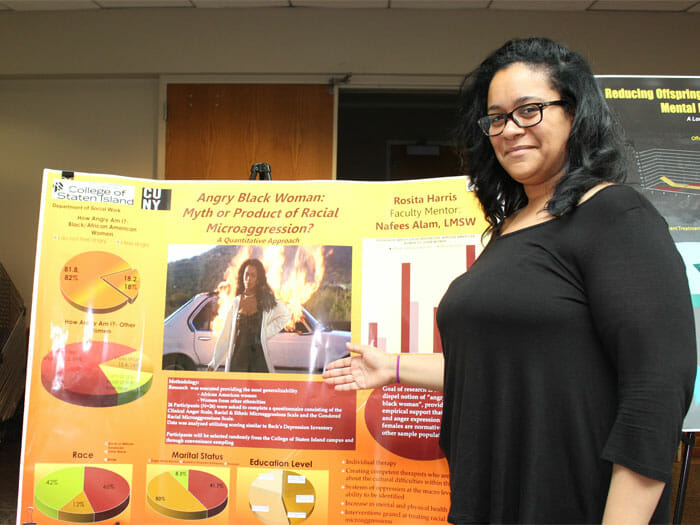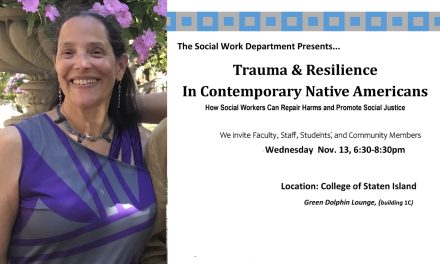The College of Staten Island (CSI) is accelerating its efforts to protect the environment and develop sustainable and responsible patterns of development.
First and foremost, CSI is an active participant in Chancellor Goldstein’s University Sustainability Council, which is committed to reducing greenhouse gas emissions from all campus buildings by 30 percent over the next decade. The University Council has held its first meetings and is developing plans and protocols to make CUNY the greenest university in the United States.
Part of those plans will call for the College’s new student residence halls to be
LEED-certified, which means they exemplify Leadership in Energy and Environmental Design. The new eco-friendly residence halls are scheduled to open in summer 2010, and will include state-of the-art heating and cooling systems, as well as energy-efficient building design.
Campus-wide, CSI has has ramped up its recycling effort. The College has developed recycling centers in each building. Three receptacles–one each for paper; cans, bottles, and glass; and trash, have been prominently positioned to make recycling easier. In addition, the Office of Buildings and Grounds is working to ensure that paper recycling is carried out in every building and that recyclables are not mixed with other solid waste materials.
To assist recycling efforts throughout the region, CSI also accepts limited amounts of millings from reconditioned highways. These millings are then recycled on campus for the repair of gravel areas, parking lots, and footpaths.
As part of an innovative recycling plan that is aimed at reducing fossil fuel emissions, the College is exploring the possibility of converting used cooking oil into biodiesel, a substance, that when added to diesel fuel, reduces greenhouse gas emissions. The use of biodiesel can limit atmospheric pollution from the College’s heavy equipment, as well as the temporary lighting towers throughout campus that are diesel-fired. CSI is also exploring the acquisition of a hybrid bus for use on campus. This vehicle is
partially powered by batteries that eliminate atmospheric emissions.
CSI also believes that a recently introduced pilot program featuring non-stop bus service between the Staten Island Ferry Terminal and the campus will reduce the College community’s reliance on automobiles. The program will become permanent in the fall. Finally, CSI is striving to become a paperless campus. Through a greater reliance on electronic communication, the College can significantly reduce its solid waste stream and lower its overall postage costs.
Cumulatively, the College believes that these initiatives–and others–will help the CSI campus and Staten Island to create a sustainable energy environment. As stewards of this site, members of the campus community are making important strides and look forward to introducing other innovations to protect our environment and brighten our future.

















